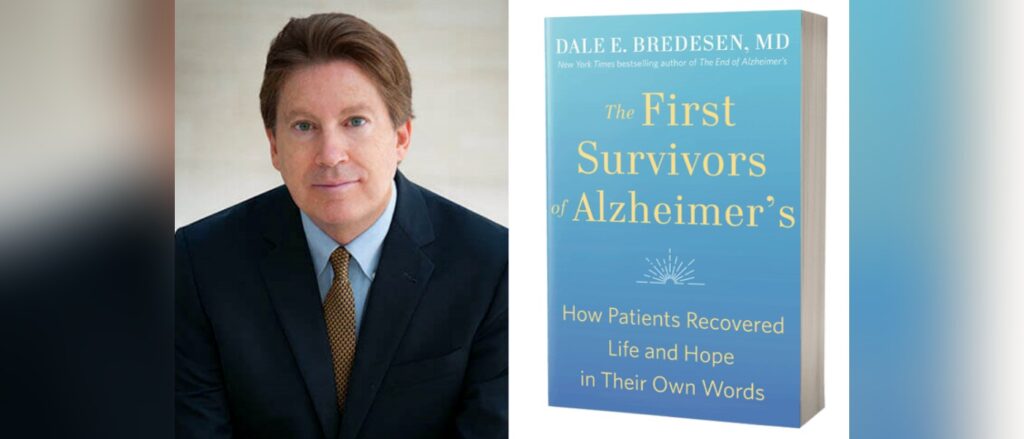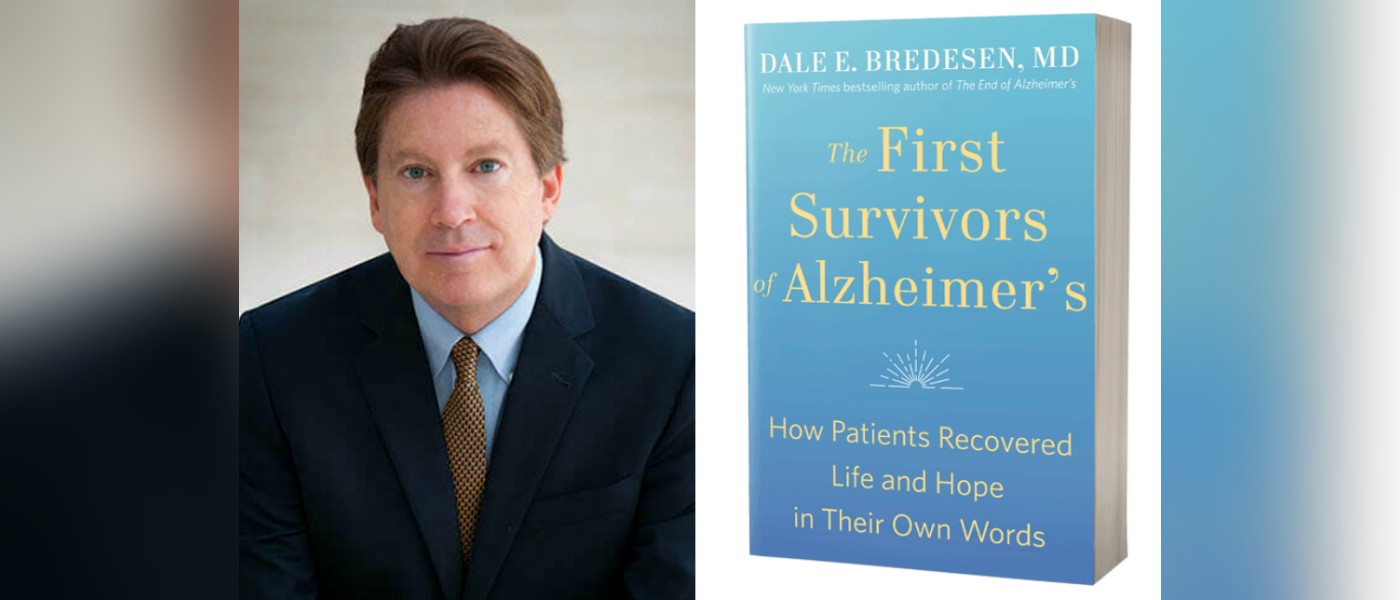Reprinted with permission from World At Large, a news website of nature, politics, science, health, and travel.

Clinical trials of a new precision, or functional medicine approach to targeting and reversing cognitive decline from Alzheimer’s has produced “unprecedented” and “far-reaching” results.
Called the MEND (metabolic enhancement for neurodegeneration) Protocol, it’s based on the oft-ignored, though universally understood preference, going all the way back to Hippocrates, for treating the cause—not the symptom—of a disease.
Developed by Dr. Dale Bredesen, an internationally renowned expert in neurodegenerative disease, it works to fix and fortify the underlying biochemical profile that gives rise to Alzheimer’s, rather than simply targeting, as pharmaceutical companies have tried to do, the tau protein called beta-amyloid that brings about the hallmarks of the disease.
Neuroscientists have firmly established sleep as the only natural defense mechanism we have to protect our brain from the toxic beta-amyloid proteins that cause Alzheimer’s, but Bredesen has now shown in a series of human clinical trials that there is a panoply of conditions that must be met in order for a human to develop Alzheimer’s, and that if these conditions are corrected, even in the elderly, dementia can be reversed.
One hundred little stories
In the abstract of a study published in 2016, Dr. Bredesen explained that 10 patients with mild or subjective-cognitive impairment—what Bredesen describes as essentially the first two of a four-stage disease—underwent 5-24 weeks of the MEND Protocol.
“The therapeutic approach used was programmatic and personalized,” writes Bredesen. “Patients who had had to discontinue work were able to return to work, and those struggling at work were able to improve their performance. The patients, their spouses, and their co-workers all reported clear improvements.”
The time for science jargon must end, Bredesen stressed in a recent interview on Revolution Health Radio, because for patients struggling with Alzheimer’s, and for their families, it is a tragedy that can’t be adequately summarized in the language of a peer-reviewed paper. Anecdotal evidence may be enough to warrant action.
CHECK OUT: Dementia Cases Have Declined by 13% in US and Europe Every Decade Since 1988, Researchers Found
One of the ten patients, aged 69, was advised that, given his status as an Alzheimer’s disease patient and his clear decline, he should begin to “get his affairs in order.” His business was in the process of being shut down due to his inability to continue work.
He began on the MEND therapeutic program, and after six months, he and his wife and co-workers all noted the improvement. He was able to recognize faces at work unlike before, was able to remember his daily schedule, and was able to function at work without difficulty. He was also noted to be quicker with his responses.
His lifelong ability to add columns of numbers rapidly in his head, which he had lost during his progressive cognitive decline, returned. His wife pointed out that, although he had clearly shown improvement, the more striking effect was that he had been accelerating in his decline over the prior year or two, and this had been completely halted.
MORE: If You Have Someone to Talk to, it Could Stave Off Alzheimer’s, Researchers Find
MEND case studies were complied into a paper of 100 little stories detailing people recovering from the neurodegeneration—not slowing, or stopping their cognitive decline, but of altogether reversing it. The 2018 case study is filled with small notations that highlight the significance to the patient and their family.
“Driver’s license returned…follows recipes again…speaking, dressing, dancing, biking, emailing, kayaking all returned…conversing again, dressing himself, calling grandchildren by name, working again.”
One nurse asked, “What happened?!”
The Bredesen Protocol
From this method came the “Bredesen Protocol,” which recently produced the first clinical trial in history that involved a pre-examination for all the underlying factors that contribute to Alzheimer’s, before setting patients on a personalized, precision medicine approach.
Released on a pre-print server for studies awaiting peer-review, the study presented the hypothesis that what we call Alzheimer’s is a network dysfunction resulting from decades of assaults upon our physiology by the environment.
Toxins like heavy metals, black mold, and air particulates, metabolites and biological detritus like the beta-amyloid targeted by dementia drugs, a lack of neuro-fortification arising from a sedentary lifestyle of the body and mind—all of these contribute to the conditions that give rise to neurodegeneration.
Logically it would follow that correcting this dysfunction would be the first step to targeting Alzheimer’s. And, that is exactly what happened in all 25 of the patients in the study, when they were assisted in addressing all 36 underlying biological dimensions in the Protocol.
While this is merely a news report, and is not to be construed as medical advice, those interested in the Bredesen Protocol can absolutely learn more and even enroll a loved one in the program.
(WATCH Bredesen speak in the TED video below.)
SHARE This Fascinating Research With Those You Know Best…




















